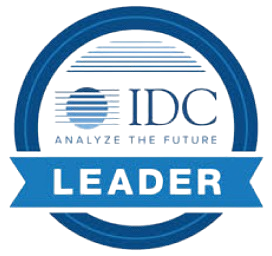Baxter Planning is a fundamental requirement for the service repair business with wonderful structure and design.”








BaxterPredict, our end-to-end AI-powered predictive platform, eliminates the guesswork in service operations, enabling smarter decisions that enhance customer satisfaction, foster long-term loyalty, and drive financial value.
With unified solutions for service parts planning, order execution, and issue resolution, BaxterPredict leverages robust data feedback loops to continuously improve your plan. In a world where the best plan wins, this dynamic approach empowers you to optimize every stage of your operation, delivering a Service Experience Advantage that provides a lasting competitive edge.












Baxter Planning is a fundamental requirement for the service repair business with wonderful structure and design.”
The results have been a significant cost savings in our service inventory around the world. North of ten million dollars in our inventory level. About a third less than what we had before given the high value of our systems.”
Baxter Planning is a real game changer on the way to plan spare parts by connecting the install base to the supply chain.”

Baxter Planning’s consultative approach connects you with seasoned SSC experts who bring decades of experience solving the real-world challenges you face every day. By combining deep domain knowledge with industry-leading practices, we deliver rapid value today while paving the way for sustained success through continuous optimization and future-ready solutions. Our dedicated team empowers you to navigate Service Supply Chain complexities, drive impactful transformation, and sustain long-term growth that evolves with your needs.

Baxter Planning powers the most innovative global organizations across a wide range of industries. Discover how our BaxterPredict platform can optimize your inventory, prevent disruptions, and help you anticipate escalations before they arise.




Resources
This collection of information will showcase the features and capabilities of every product within the BaxterPredict platform.
Hear the latest thought leadership and insights from our expert-led industry research and benchmark reports. Our team looks forward to seeing you in-person.
Our blog is home to useful content including how-to’s, problem-solving tips, and unique industry insights from our SSC experts.
7801 N Capital of TX Hwy,
Suite 250 Austin, TX 78731
Copyright 2025 Baxter Planning | All rights reserved | Privacy Policy